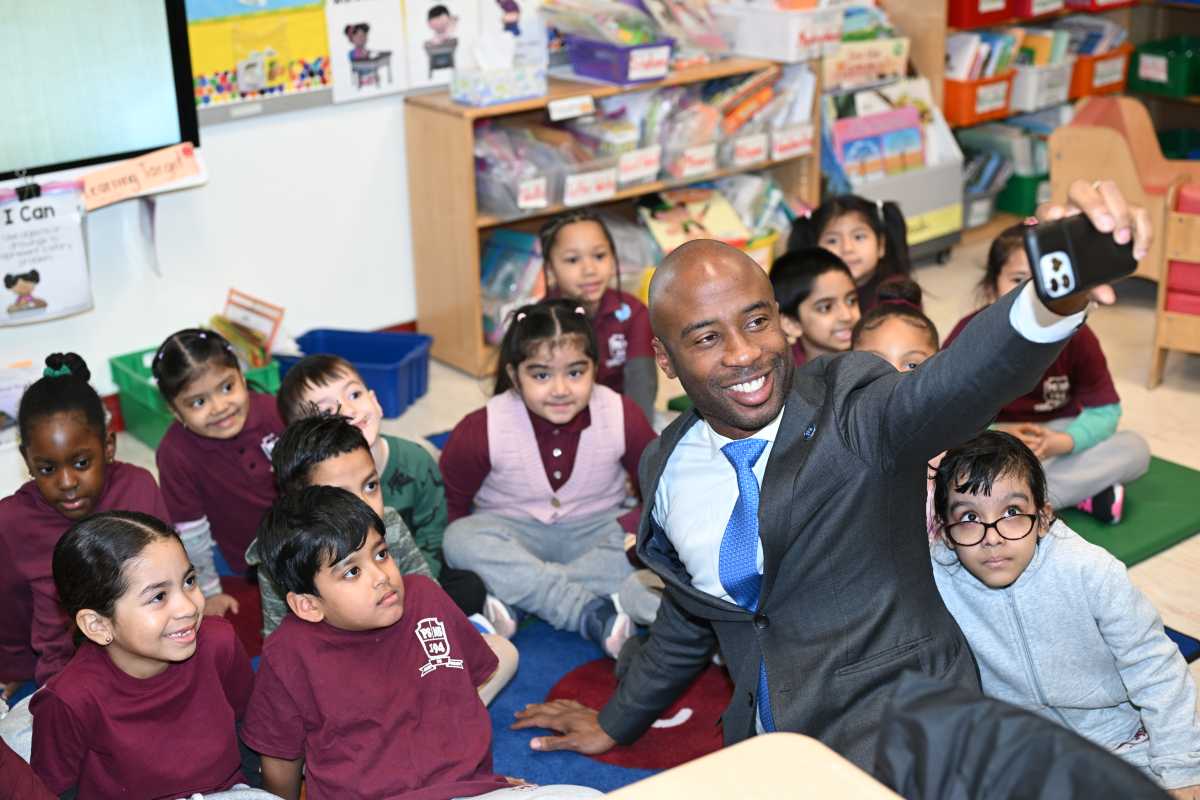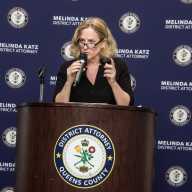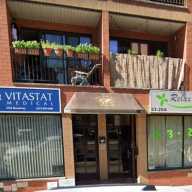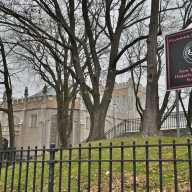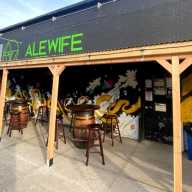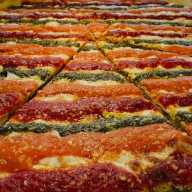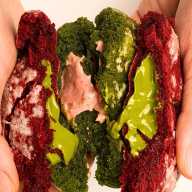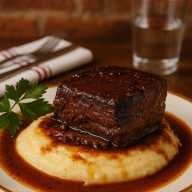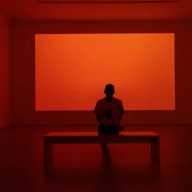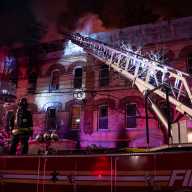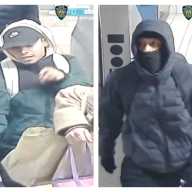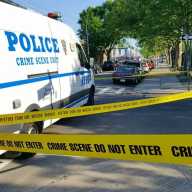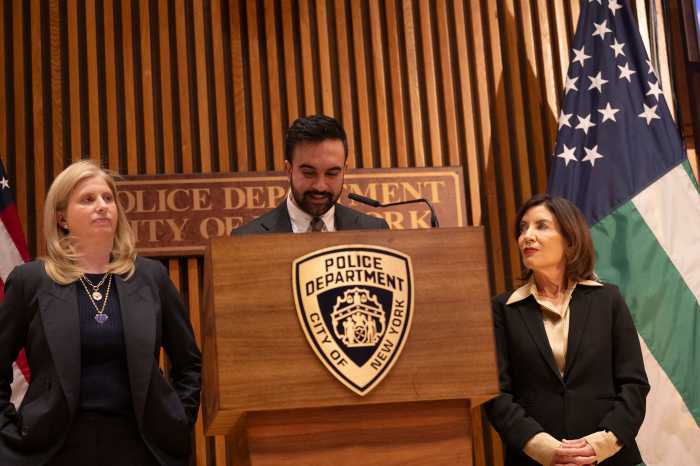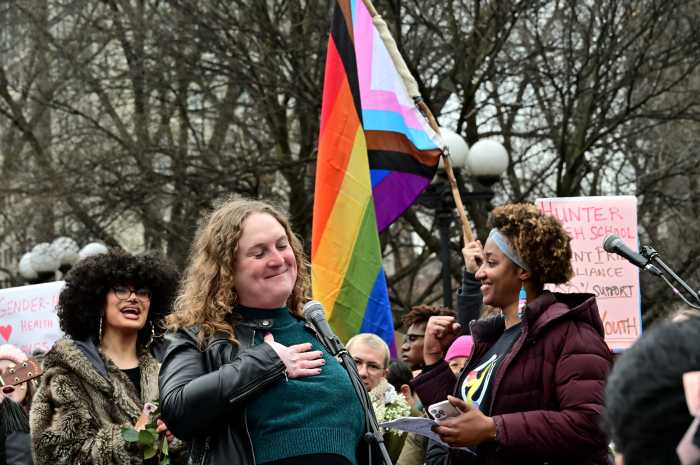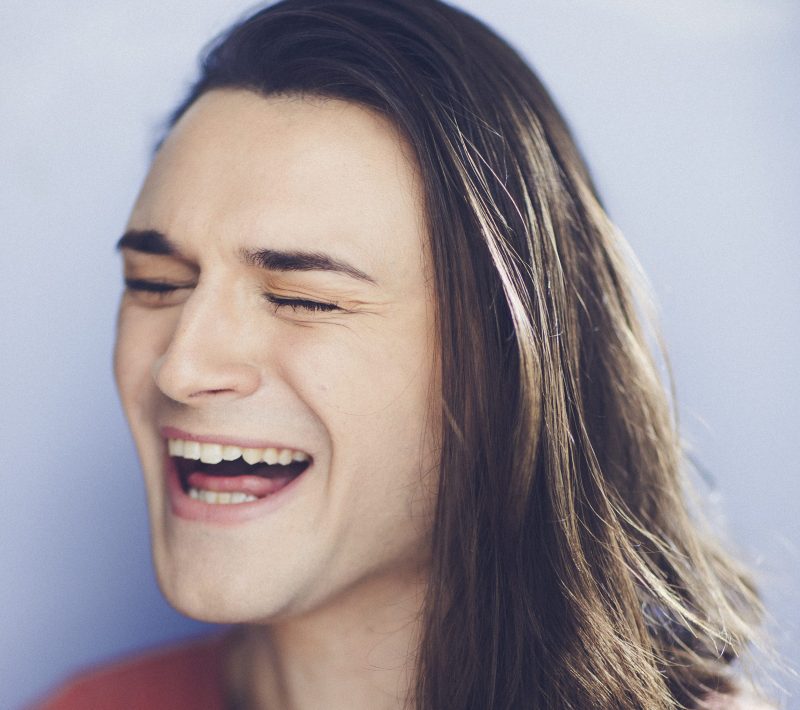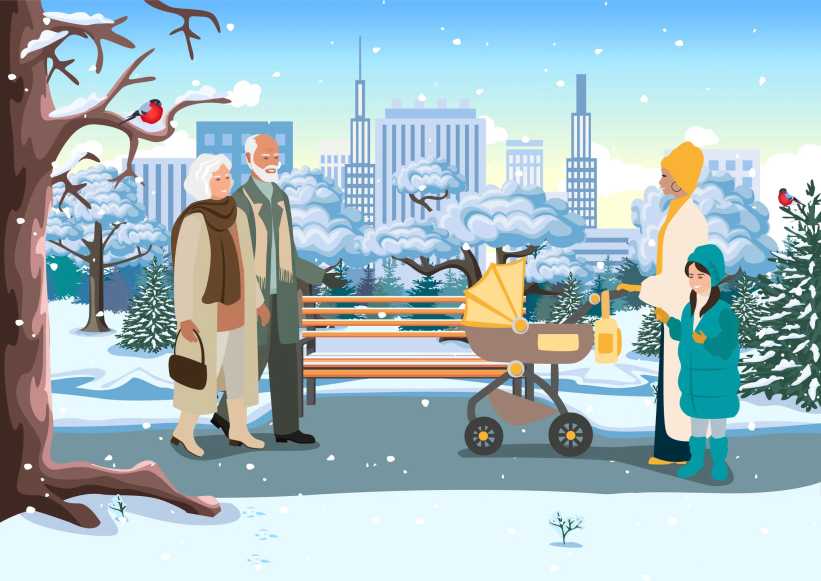Two weeks after his father’s death, Ceasar Borja Jr. is adjusting to his new role as man of the house.
“It’s just as much responsibility to maintain a house as it is to be a political activist,” said the 21-year-old whose crusade to help 9/11 first responders get medical attention is ongoing. “My father did so much,” he said with admiration in his voice.
On sunny Saturday, February 3, Borja had been busy helping his mother Eva with household chores and readying himself for work when he took a few minutes out to speak with The Queens Courier.
“It’s a lot to do,” he confided. “Sometimes I have my weak moments when I don’t want to do anything but lay in bed and just disappear.”
“I miss my father every day,” he said, overcome with emotion. “I’m never going to be 100 percent ever again. I am never going to feel like I did when my dad was alive. There’s a big void.”
Having shown the world a strong and courageous side, in private he showed The Queens Courier a more vulnerable one.
“When I feel weak, I go somewhere private, kneel, cross myself and pray,” he said. “I thank God and then I ask for strength from Jesus and my father.”
It was that strength that got President George W. Bush - and the world - to listen last week when Borja, his mother, brother, Evan, 16, and sister, Nhia, 12 sat down with him in a private meeting.
“All of New York City wanted to see whether the President would meet with us,” said Borja. “The world was putting pressure on him.”
And so was Senator Hillary Rodham Clinton.
“I am very pleased that the President responded to my request that he meet with Ceasar Borja Jr. and his family,” said Clinton in a statement. “It was important that this courageous young man have a chance to make his case directly to the President that those suffering health effects as a result of their service at Ground Zero receive the treatment they need and deserve.”
Borja’s sit-down with Bush on Wednesday, January 31 came as the President promised to allocate $25 million for health care and monitoring for 9/11 rescuers and volunteers.
“I am grateful for this first step but there is a long road ahead,” said Clinton, who is calling for $1.9 billion in funding for first responders. “Thousands who selflessly risked their lives and their health at Ground Zero will need help in the months and years to come and I will keep pressing for additional funding to make sure that we uphold our responsibility to take care of those who took care of us.”
It was as a caretaker that Borja remembers his father.
“The days I knew were my father’s final days, he went outside with his oxygen tank,” said Borja, noting that his father didn’t want others to see him when he was ill. “I knew he felt shame, but it was more important for him to teach me.”
“It doesn’t matter what I said to the president in the room,” he continued. “All that matters is that the nation and the world know that he met with the family of a World Trade Center victim. I was there not to speak for myself, but for others. I want people’s voices to be heard.”










